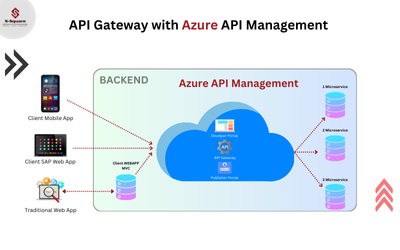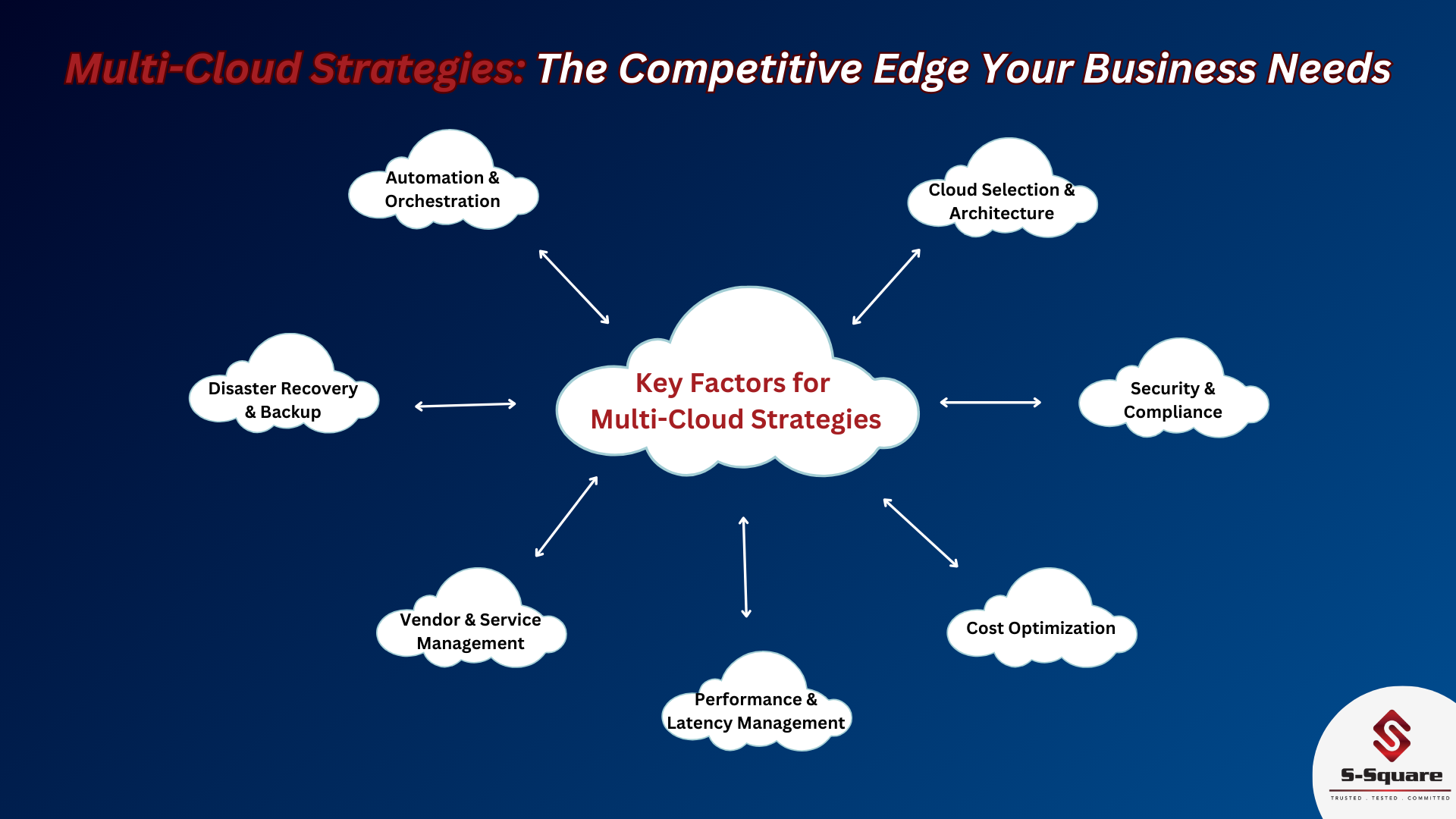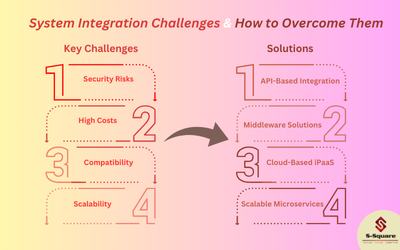The education industry is at a crossroads. Traditional teaching methods are struggling to keep pace with the dynamic demands of the modern world, leaving learners yearning for personalized, more adaptable experiences. This era is marked with students seeking newer and more innovative methods to learn and educators and developers respond with newer and more intuitive educational products. At the heart of this transformation are the e-learning mobile apps where most of the innovation is taking place.
Overall, the e-learning sector is seeing remarkable growth, with analysts projecting it to reach a valuation of US$350 billion by 2025. This substantial expansion is fueled by rapid technological innovations, and a notable catalyst for this progress is the utilization of low code/no code tools.
To define, Low-code/no-code (LCNC) are platforms that can empower anyone, regardless of technical expertise, to build applications without extensive coding knowledge. Think of it as a digital architect’s playground, where pre-built modules, intuitive interfaces, and drag-and-drop functionality allows developers to design personalized and engaging applications.
In the education industry, low code/no code platforms empower educators, subject-matter experts, and other professionals to take ownership of e-learning mobile apps creation, democratizing its access and fostering innovation.
In this blog, we delve into changing educational landscape, especially with respect to e-learning mobile apps and explore the integration of cutting-edge technologies such as low code/ no code, and code AI.
The changing e-learning mobile apps landscapeRobotic Process Automation (RPA)?
The traditional classroom experience is evolving, with a notable shift towards personalized learning, facilitated by the implementation of Artificial Intelligence (AI). The integration of AI in e-learning mobile apps has ushered in an era where tailored educational experiences are not merely futuristic concepts but tangible realities that are actively shaping the education industry.
To understand it better let us look at the features of e-learning mobile apps in detail.
Earlier a developer or an educator created an e-learning mobile app by keeping the following things in mind:
1. User-friendly UI/UX: Prioritizing a pleasant design and easy navigation to avoid confusion and encourage user engagement.
2. Learning Format Diversity: Beyond printed lessons, e-learning apps should incorporate various formats like podcasts, images, audio, and HD videos.
3. Video Lessons: Live streaming and recorded sessions enhance learning flexibility, allowing students to revisit content at their convenience.
4. Progress Reports: Instant feedback aids learners and instructors in assessing performance and identifying areas for improvement.
5. Offline Access: Downloadable content ensures uninterrupted learning, addressing connectivity issues for users without constant internet access.
6. Multi-language Support: To cater to a global audience, supporting multiple languages ensures widespread acceptance and maximum outreach.
Now, in addition to these foundations, educators and developers must integrate new elements in the e-learning mobile apps to meet contemporary audience demands and expectations.
1) Microlearning: Microlearning, a popular eLearning approach in mobile apps, caters to modern learners with shorter attention spans. Bite-sized content facilitates repetitive study, aiding easy information retention.
2) Interactive Content: Modern eLearning apps offer interactive content like animations, videos, quizzes, and simulations. Features such as live tutorials, doubt-clearing sessions, and varied quiz formats make learning engaging and productive.
3) AI-powered Personalized Learning: Artificial Intelligence enhances eLearning productivity by tailoring experiences. AI algorithms track progress, identify areas for improvement, and generate customized study materials. Learners benefit from personalized content, ensuring a flexible pace of learning and mastery of concepts.
4) Immersive Experience with AR/VR: Augmented and Virtual Reality in eLearning create immersive experiences. AR/VR empower learners to virtually experience subjects, enhancing information retention. Additionally, they offer effective training scenarios, such as safety training using VR headsets.
5) Gamification Techniques: Gamification elements, including leader boards and rewards, motivate learners to excel. Elements like earning points and badges add a new dimension to learning, fostering healthy competition and improved performance.
Moreover, the influence of AI is not limited to the student experience alone. In the realm of higher education consulting, the incorporation of AI, alongside other innovative technologies, is revolutionizing the way institutions strategize, plan, and deliver educational services. The synergy of e-learning mobile apps, code AI, and higher education consulting is driving a holistic transformation within the education industry.
Need for low code/no code (LCNC) technologies in driving the innovations
Developing the technologies to support these transformations in e-learning mobile apps is a different story altogether. Traditional coding methods can be challenging for the education industry to keep up with fast-paced changes, especially with respect to AI. These methods require specialized skills, leading to slower development and difficulty adapting to innovations. For companies, it means hiring and training employees on the go, which can be expensive and difficult to sustain.
This is where low code/no code (LCNC) technologies have emerged as viable and effective alternatives to traditional coding methods. Low code and no code technologies make e-learning mobile app development more accessible and involve a broader range of contributors. This speeds up the implementation of new features like AI and virtual reality, ensuring timely responses to the evolving needs of learners and the education industry.
In addition, low-code/no-code tools find compelling applications, notably in crafting personalized Learning Management Systems (LMSs). These tailored systems streamline tasks like tracking student progress and resource management. Moreover, LCNC development platforms play a pivotal role in language education, facilitating the creation of adaptive language learning apps that respond to individual student needs.
Benefits of Low code/No code (LCNC) in Education Industry
Some of the multifaceted benefits of low code/no code (LCNC) in the education industry include:
1. Rapid Course Development: Traditional course creation is time-consuming, but no-code/low-code development platforms speed it up with templates and modules. Educators use these tools for swift course and e-learning mobile app development, meeting the demand for online education. LCNC’s simplicity streamlines the process, keeping content responsive to students’ dynamic needs.
2. Customization Without Coding: Low-code/no-code development platforms empower educators to customize e-learning mobile apps without coding expertise. This flexibility aligns content seamlessly with individual learning styles, enhancing engagement and satisfaction. By removing the coding barrier, LCNC technologies enable active educator participation in content customization.
3. Accessibility and Scalability: No-code/low-code development platforms promote inclusivity in education by designing e-learning mobile apps that complies with accessibility standards. They also facilitate effortless scalability, allowing institutions to adapt to fluctuating student demands. This combination creates an inclusive and adaptable education industry.
4. Cost Efficiency: No-code/low-code development platforms significantly reduce development costs, enabling more efficient resource allocation. This cost efficiency directs financial resources toward enhancing education quality, fostering innovation, and meeting diverse student needs sustainably.
5. Empowerment of Educators: LCNC integration empowers educators by placing content creation tools directly in their hands. This approach aligns with the objective of making instructors active contributors to educational content evolution.
Technical overview:
How low code no code (LCNC) simplifies technological hurdles in the e-learning mobile apps development
Low code/no code (LCNC) platforms bypass complex coding and help build engaging e-learning mobile apps without technical expertise. In the passage below, we will explore some of the ways low code/no code simplifies the coding processes, keeping the education industry in perspective.
1) Extensibility and Customization: Balancing accessibility and extensibility is crucial in the education industry, and LCNC platforms support custom code snippets. This feature enables educators to tailor functionalities to specific educational needs, fostering a more personalized and effective learning environment.
2) Backend Integration: Within the education industry, no code and low code development platforms offer connectors and APIs for seamless integration with backend systems, enhancing data access and management. This capability ensures that educational industry professionals can effortlessly connect various tools and systems, creating a cohesive technological infrastructure.
3) Automation of Repetitive Tasks: LCNC applications in the education industry automate repetitive coding tasks, such as data validation and workflow processes. This not only minimizes errors but also improves the reliability of educational applications, contributing to a smoother learning experience.
4) Modular Components: Utilizing pre-built blocks of code, LCNC applications accelerate development, ensuring consistency and efficiency across various educational tools. This modular approach facilitates the creation of customized learning modules, enhancing the overall educational experience for students and educators alike.
Empower your Educational Landscape with S-Square’s low code/no code (LCNC) services
For expert assistance in developing tailored low-code/no-code (LCNC) applications, turn to S-Square, a leading IT services provider. With a focus on LCNC Advisory, Consulting, and Product Solutions, we specialize in streamlining legacy application landscapes, facilitating smooth application integrations, and driving successful Digital Transformation within the education industry.
S-Square recognizes the pivotal role of LCNC in empowering IT to meet the demands of enterprise-grade application solutions, especially in areas like e-learning mobile apps, codeAI, and higher education consulting. Our team guides clients in selecting the right technology—whether low code/no code, or a combination—to implement the most suitable product offerings for their unique needs.
From developing processes and procedures to establishing centers of competence, S-Square ensures the seamless implementation of these tools. If you require ongoing support in development and maintenance, we are here as your reliable and experienced partner.
Explore S-Square’s LCNC services today to unleash the potential of your education industry applications and address your business needs.


